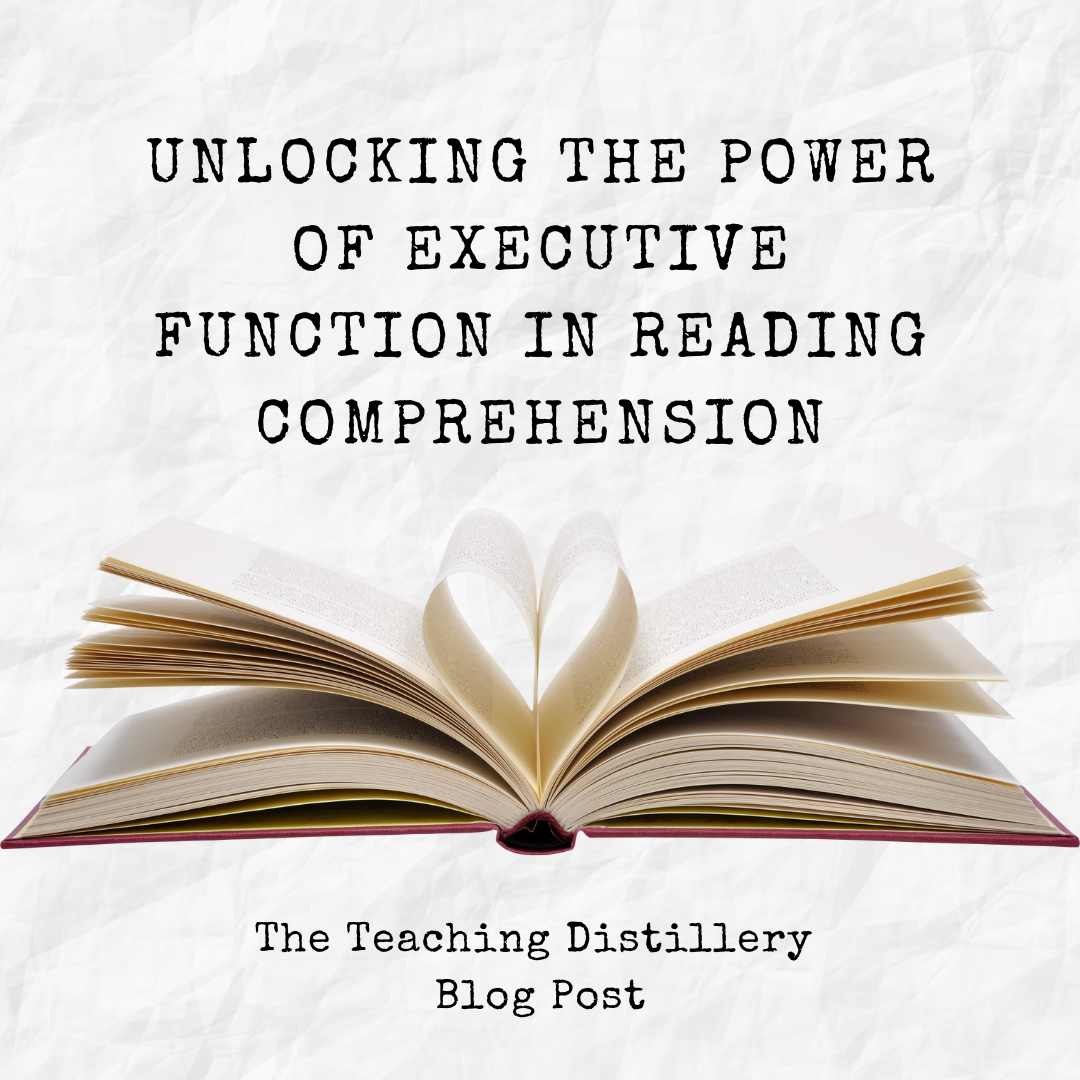Executive Function and Reading Comprehension
Have you ever wondered why some students struggle with reading comprehension, despite having strong word reading skills? The answer lies in the fascinating world of executive functioning. This cognitive powerhouse plays a pivotal role in learning, particularly in the realm of successful reading comprehension. In this blog post, we'll explore the vital connection between executive skills and reading comprehension, drawing insights from Kelly Cartwright's illuminating book, Executive Skills and Reading Comprehension: A Guide for Educators.
Understanding Executive Function Skills
Before delving into their impact on reading comprehension, let's demystify executive function skills. Think of them as the mental tools we use to manage tasks and achieve our goals. These skills can be categorized into three core areas: cognitive flexibility, working memory, and inhibition.
Cognitive Flexibility: This skill enables us to shift our focus between different aspects of a task. For skilled comprehenders, it means actively switching between word and text meanings, letter-sound information, and sentence grammar while reading.
Working Memory: Think of this as your mind's notepad, where you hold information while working with other pieces of it. Effective comprehenders use working memory to keep track of various text ideas, their causal connections, and update their understanding as they encounter new information in the text.
Inhibition: This skill involves resisting habitual responses and ignoring distractions. In reading, good comprehenders must inhibit irrelevant word meanings or connections to ideas in the text.
The Impact on Reading Comprehension
Now, let's see how these executive skills influence reading comprehension:
1. Cognitive Flexibility: Skilled comprehenders actively shift their focus between multiple elements during reading, such as word meanings, letter-sound information, and sentence structure. This flexibility enhances their ability to grasp the nuances of the text.
2. Working Memory: Effective comprehenders use working memory to keep text ideas in mind, note their causal relationships, and update their understanding as new information arises. It's like assembling a puzzle with ever-changing pieces.
3. Inhibition: Good comprehenders can resist the temptation to engage with irrelevant word meanings or distractions. This ability allows them to stay focused on the text and extract meaningful information.
Beyond the Basics
Executive function skills go beyond these core aspects, touching on more complex areas like planning and organizing. These skills are essential for setting goals and approaching reading with a structured plan. They lay the groundwork for effective reading comprehension strategies.
Moreover, a student's level of executive skills can influence their motivation and social-emotional processes. Students with strong executive functioning abilities tend to excel in behavior control, emotional regulation, peer relations, and emotional self-regulation.
Bottom Line: understanding and supporting executive function skills can be a game-changer in enhancing reading comprehension and overall learning. By recognizing the role of these skills and providing the necessary guidance, we empower students to become more effective readers and learners. Reading becomes not just a skill but a lifelong journey of discovery through the pages of books.
